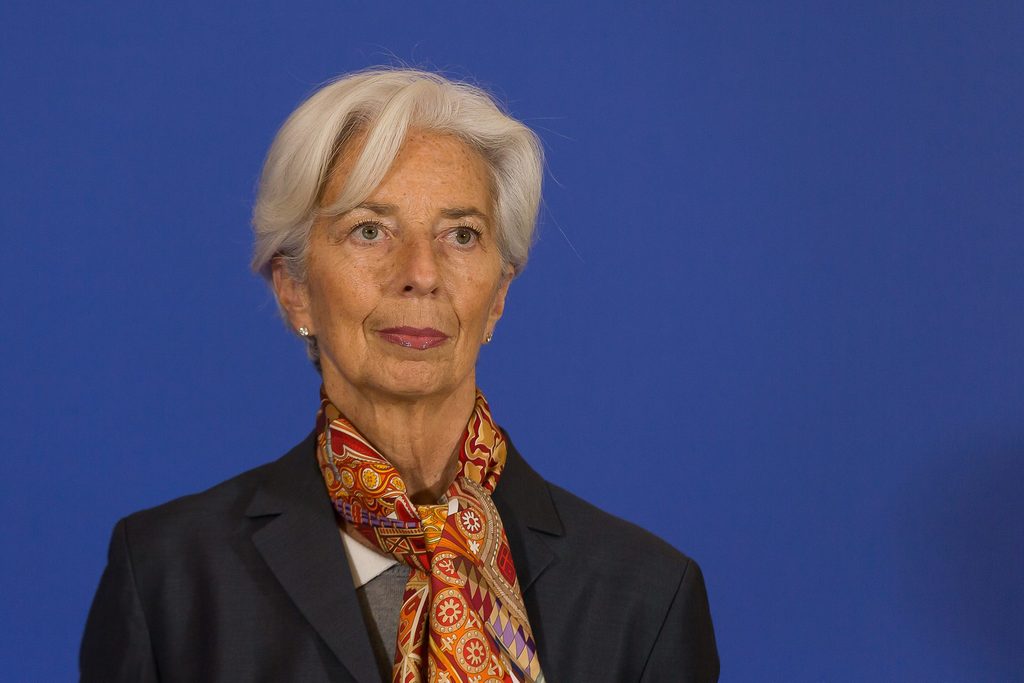The European Central Bank (ECB) has announced it is lowering interest rates for the first time since 2019. The unsurprising move will come as a relief to borrowers, who have been dealing with soaring interest repayments in recent years.
The ECB is lowering its three key interest rates by 25 basis points, or 0.25%, from 12 June.
The headline deposit interest rate will fall from 4% to 3.75%, while the interest rate for main refinancing operations will drop from 4.5% to 4.25%, and the interest rate on marginal lending will decrease from 4.75% to 4.5%.
In a bid to slow the momentum of spiralling inflation (caused by factors such as the pandemic, disrupted supply chains and increased energy costs following Russia's invasion of Ukraine), the ECB has raised its benchmark deposit interest rate ten times since July 2022 – from 0% to a record high of 4%, where it has remained since September of last year.
Thursday's announcement was largely expected, as last week the ECB's chief economist signalled that the central bank was about to lower rates. However, the ECB is still the first major central bank to ease back on tightened monetary policy.
Announcing the rate cut, the ECB said that in light of its assessment on the direction of inflation, as well as the dynamics of underlying inflation and the strength of monetary policy transmission, it is "now appropriate to moderate the degree of monetary policy restriction after nine months of holding rates steady."
Inflation falling 'on all horizons'
At a press conference in Frankfurt, ECB President Christine Lagarde highlighted that inflation has fallen by more than 2.5 percentage points since the ECB's last meeting in September, and inflation expectations have "declined at all horizons".
"Monetary policy has kept financing conditions restrictive. By dampening demand and keeping inflation expectations well anchored, this has made a major contribution to bringing inflation back down," she said.
Lagarde said that the ECB is "determined to ensure that inflation returns to our 2% medium-term target in a timely manner," adding that the regulator will "keep policy rates sufficiently restrictive for as long as necessary to achieve this aim."
She said that any further decisions about the direction of interest rates will be based on data and will be decided on a meeting-by-meeting basis.
The ECB did note that despite progress in recent quarters, domestic price pressures remain strong, wage growth is elevated, and inflation is likely to stay "above target well into next year".
Pressures on working people
In reaction to the news, the European Trade Union Confederation (ETUC) said that the ECB should "keep cutting rates quickly" to relieve pressure on working people and unblock investment in the economy.
"Record interest rates have put further pressure on the incomes of working people, many of whom are increasingly dependent on borrowing to purchase everyday items. These rates have put jobs at risk by taking us to the brink of a recession," said ETUC General Secretary Esther Lynch.
"Today's decision is long overdue against a background of inflation which has been driven by the record profits of the biggest corporations – not by working people experiencing a historic cut in their living standards. It is positive that the ECB is finally bringing their decisions into line with its own data showing there has not been a wage-price spiral," she said.

